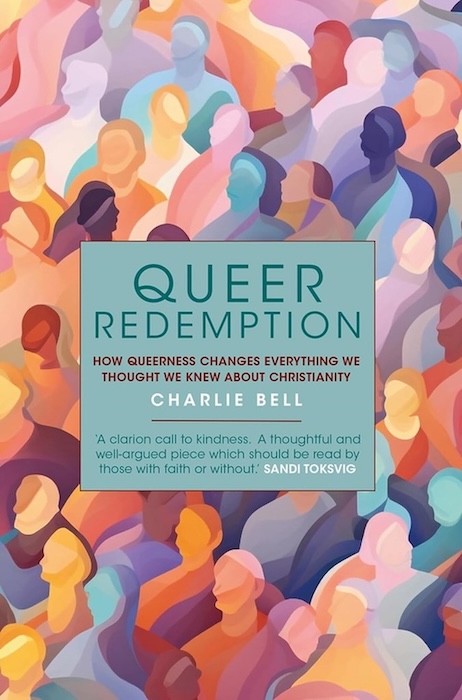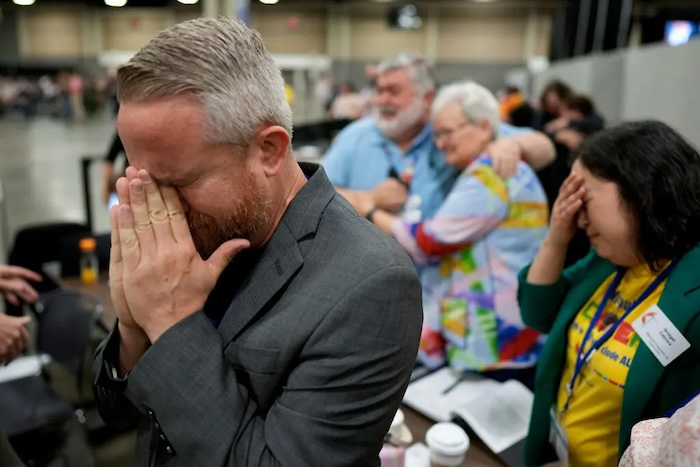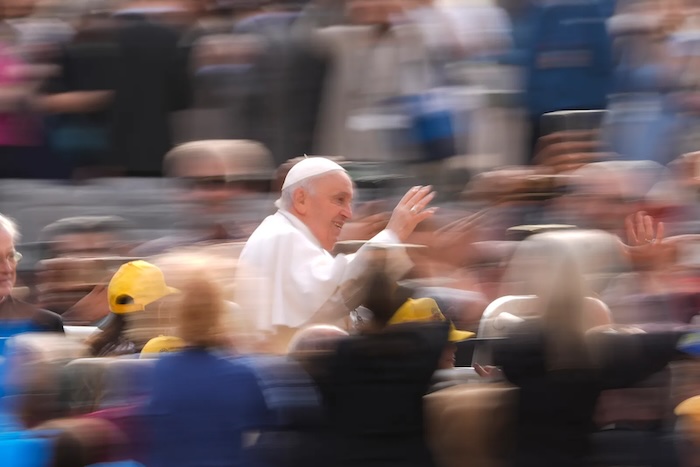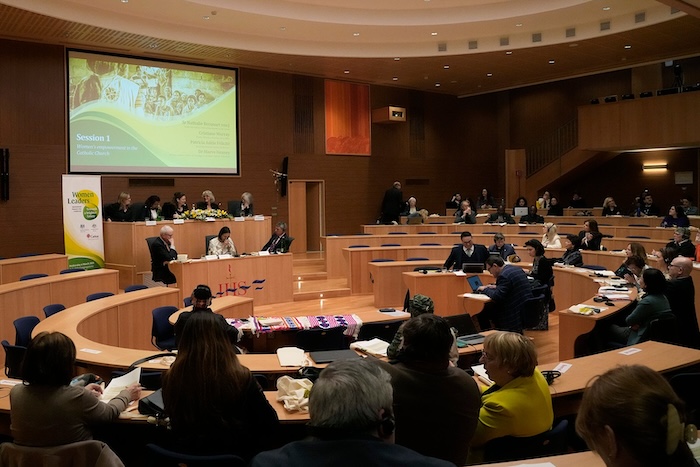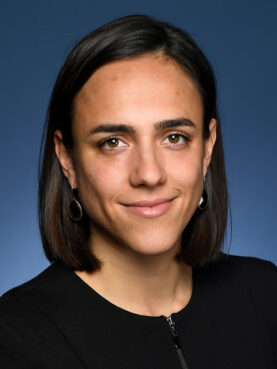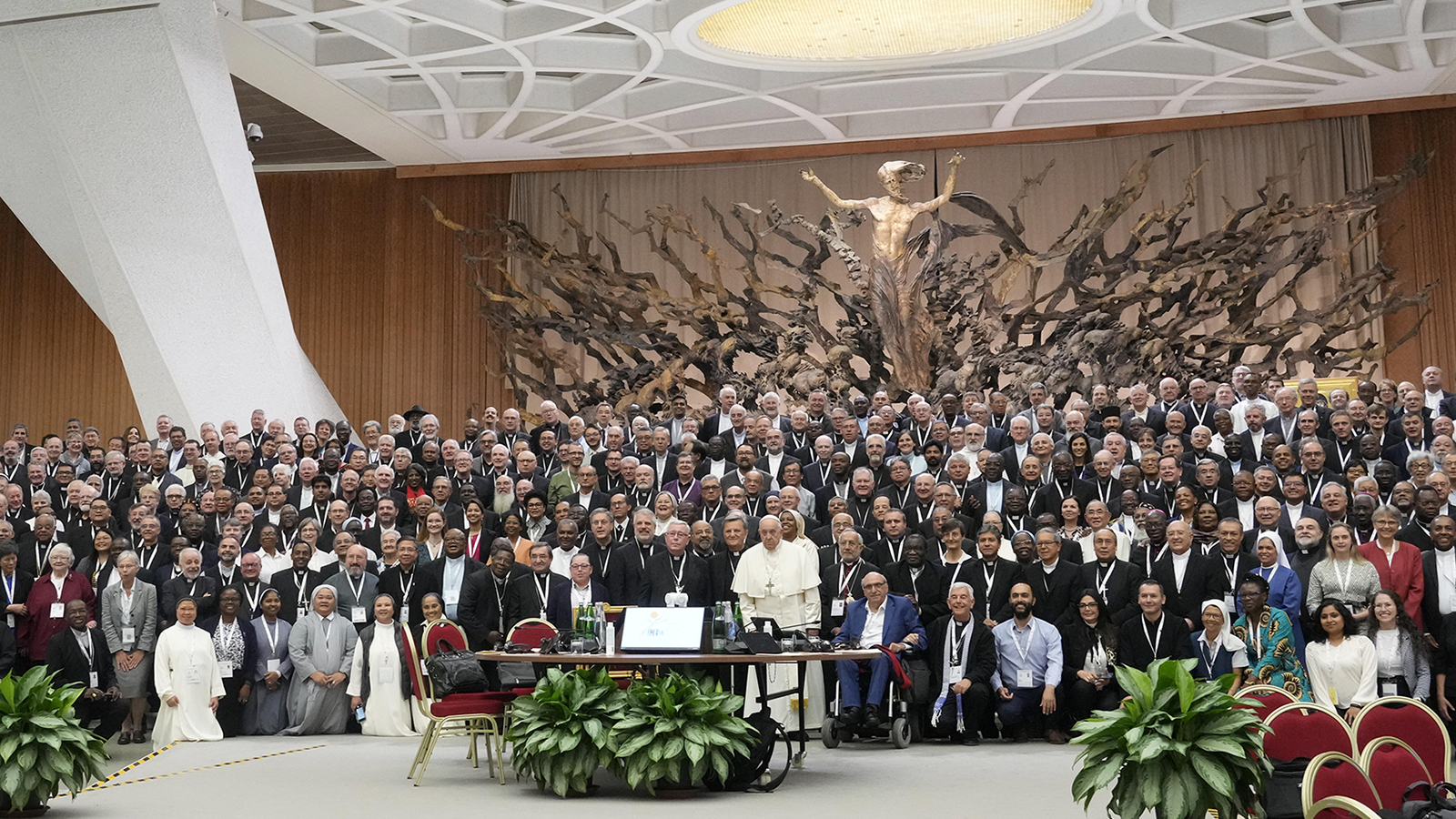
Sometimes a news story seems so behind the times that I find myself double-checking the date. As if maybe it’s one of those items that’s still bouncing around the internet from another decade.
Such as: “Catholic school teacher tells parents she is being forced out because she is gay.”
You’re still at this, local Catholics? Still ousting gay employees, in the Seattle area, in 2024?
The news is indeed from this week, with the story that a kindergarten teacher at St. Luke School in Shoreline is not having her teaching contract renewed for next year because she’s gay and getting married.
“Father Brad does not approve of my upcoming marriage and feels it is best for the St. Luke community if I no longer teach at St. Luke,” the teacher, Karen Pala, said in an email to kindergarten parents. (A copy was forwarded to me by a parent.)
“Father Brad” refers to Brad Hagelin, the parish priest.

“This news has been extremely difficult for me,” Pala went on. “I am a faithful practicing Catholic and I was ready to spend the next 30 years of my career at St. Luke.”
Predictably — because this is what happens every time local religious schools do this — many parents responded with anger. They said driving out the teacher is mean and discriminatory in spirit, even if it isn’t against the letter of the law. It reminds me of when Kennedy Catholic High School in Burien ousted two gay teachers in the middle of the 2019-20 school year for the crime of getting engaged — touching off schoolwide protests.
“It’s a real shock, because this isn’t what St. Luke’s represents to a lot of folks,” one current parent there, Nick Beyer, told me. “It’s a liberal, accepting place — or so we thought.”
“Has the diocese not learned from its history?” wondered Gary Johnson, a St. Luke’s alum, writing on a petition set up to protest the teacher’s ouster.
Added a “disheartened” Jennifer Keough, another St. Luke’s alum: “This type of action is what is driving people away from the Catholic Church.”
A spokesperson for the Archdiocese of Seattle said they couldn’t talk specifics about a personnel matter. In a statement, Archbishop Paul Etienne did some hemming to go along with some hawing:
“The reality is that we live in a tension,” he said. “After more than a year of study in 2020-2021, the covenant taskforce concluded that there is no clear, consensus for how to apply the covenant clause. … Because there isn’t a single defined answer, we must dialog like Jesus did. This is why the application of our covenant clause is handled at the local level…”
The covenant clause he’s referring to is whether Catholic schools should require teachers or other employees to adhere to a “lifestyle” contract, in which they’re expected to adhere to all church teachings, including in their personal lives. In some parishes, this means teachers can lose their jobs if they enter a same-sex marriage or cohabitate outside of marriage, among other things.
“No one is fired or non-renewed from employment due to their orientation, identity, desires, or ideas,” an archdiocese report on the issue summed up. “Rather, it is the breaking of the covenant through actions, public witness, and lifestyle choices.”
I think that means you can technically be gay, so long as the church feels it can look the other way. Getting married is a public act, with a license, so the teacher’s out.
It’s sort of like the old discredited “don’t ask, don’t tell” policy. Which even the military ended because it called on gay people to deny or hide their existences.
The church has a right to do this because religious groups are exempt from some parts of anti-discrimination policy. But is it the right thing to do? As the archbishop acknowledges above, the flock seems increasingly skeptical.
“This is a shameful hypocrisy and a contradiction to the message of love and tolerance that characterizes the Catholic faith,” wrote Forest Hoag, a Seattle U grad. “I am embarrassed to even hear about this.”
Beyer, who has a son at St. Luke, said it feels most tone-deaf coming right after the pope himself said it was OK to bless same-sex couples. That doesn’t mean the church endorses the marriages, let alone performs them. But the people involved are simply loving one another, the pope said. They don’t deserve to be punished.
“That’s the ultimate big boss saying it’s OK, that we should move past this,” Beyer said. “So shouldn’t it be OK in Seattle?”
This is what I wonder every time another gay employee is run out of a job in the name of religion, just for being.
Discrimination against gays and lesbians was banned here 18 years ago. Don’t ask, don’t tell ended 13 years ago. Same-sex marriage has been the law here for 12. Given all that progress, all those years ago, shouldn’t we be better than this by now?
Complete Article ↪HERE↩!

